Related Research Articles
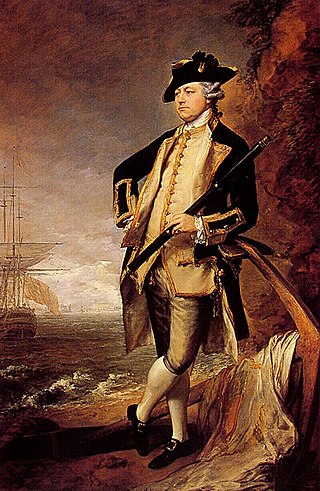
Vice Admiral Augustus John Hervey, 3rd Earl of Bristol, PC was a Royal Navy officer and politician. He commanded the sixth-rate HMS Phoenix at the Battle of Minorca in May 1756 as well as the third-rate HMS Dragon at the Capture of Belle Île in June 1761, the Invasion of Martinique in January 1762 and the Battle of Havana in June 1762 during the Seven Years' War. He went on to be Chief Secretary for Ireland and then First Naval Lord.
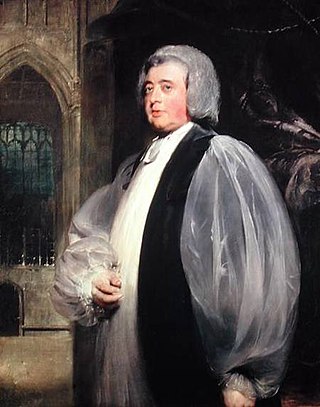
John Moore was Archbishop of Canterbury in the Church of England.
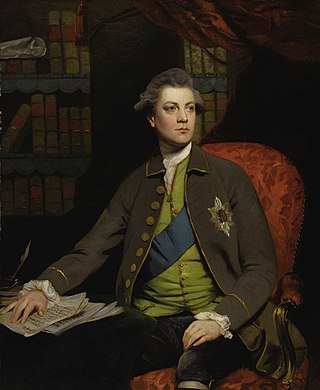
Henry Howard, 12th Earl of Suffolk, 5th Earl of Berkshire, KG, PC, was a British politician, styled Viscount Andover from 1756 to 1757.
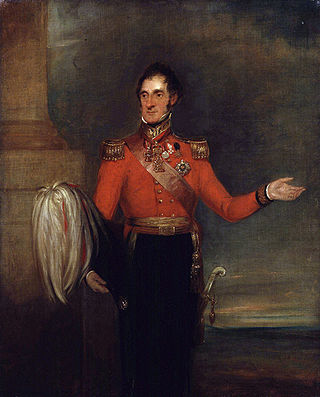
General Lord Robert Edward Henry Somerset was a British Army commander who fought during the Peninsular War and the War of the Seventh Coalition. He sat in Parliament from 1801–31

Robert Molesworth, 1st Viscount Molesworth, PC (Ire) was an Anglo-Irish politician, peer and writer.

Charles Manners, 4th Duke of Rutland was a British politician and nobleman, the eldest legitimate son of John Manners, Marquess of Granby. He was styled Lord Roos from 1760 until 1770, and Marquess of Granby from 1770 until 1779.

George Montagu, 4th Duke of Manchester PC was a British politician and diplomat.
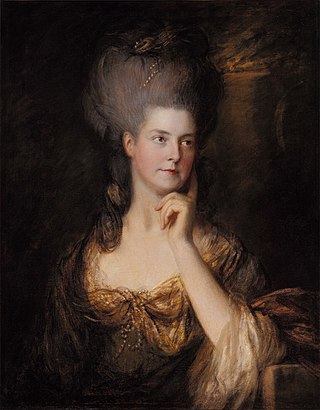
Maria, Duchess of Gloucester and Edinburgh was a member of the British royal family. She was the Countess Waldegrave from 1759 to 1766, as a result of her first marriage to James Waldegrave, 2nd Earl Waldegrave. Her second husband was Prince William Henry, Duke of Gloucester and Edinburgh, whom she married in 1766.
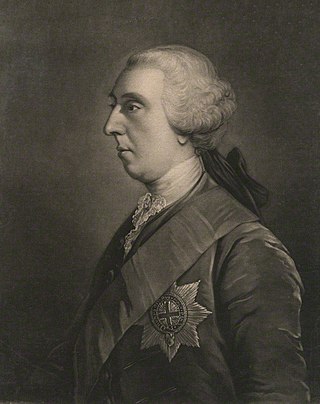
James Waldegrave, 2nd Earl Waldegrave, was an English politician and peer who is sometimes regarded as one of the shortest-serving prime ministers in British history. His brief tenure as First Lord of the Treasury is lent a more lasting significance by his memoirs, which are regarded as significant in the development of Whig history.

Thomas Thurlow (1737–1791) was an English Anglican bishop who served as Bishop of Lincoln and as Bishop of Durham in the late eighteenth century.

Frederick Keppel was a Church of England clergyman, Bishop of Exeter.
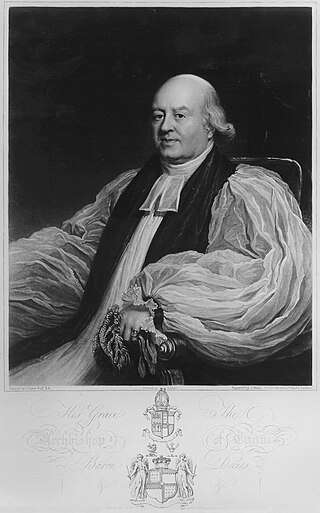
William Beresford, 1st Baron Decies was an Anglo-Irish clergyman.

Catherine, Lady Walpole was the first wife of the first British prime minister Sir Robert Walpole.

JoscelinePercy, 11th Earl of Northumberland, 5th Baron Percy, of Alnwick Castle, Northumberland and Petworth House, Sussex, was an English peer.

Lord Charles Spencer PC was a British courtier and politician from the Spencer family who sat in the House of Commons between 1761 and 1801.
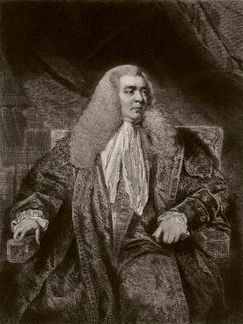
John Lee, KC, was an English lawyer, politician, and law officer of the Crown. He assisted in the early days of Unitarianism in England.
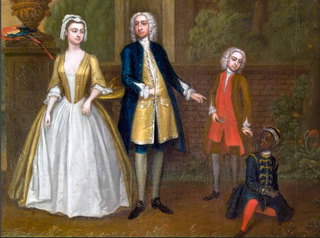
Edward Southwell, 20th Baron de Clifford was a British politician.
Hans Francis Hastings, 12th Earl of Huntingdon was a British Royal Navy officer and peer. He was sometimes known by his second Christian name, Francis, Earl of Huntingdon.
William Johnson Temple (1739–1796) was an English cleric and essayist, now remembered as a correspondent of James Boswell.

William Clive was a British politician who sat in the House of Commons for over 40 years between 1768 and 1820.